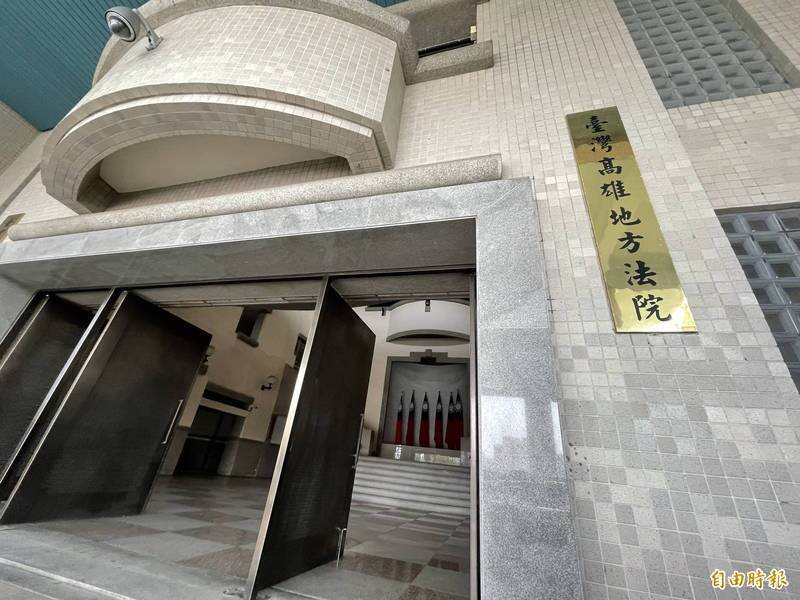The Kaohsiung businessman wanted to open a "steaming curtain", but the floor heating business screwed up the opening day.
(file photo)
[Reporter Huang Jialin / Kaohsiung Report] A woman surnamed Xu introduced a Korean sauna "Sweat Curtain" and asked a manufacturer to do a floor heating project. As a result, the manufacturer did not know what a "Sweat Curtain" was. The poor improvement caused Xu Nu’s new store opening to be delayed by 11 days, and even closed after half a year. Xu Nu sued the manufacturer for more than 400,000 yuan, and the judge ruled that the manufacturer should pay 308,000 yuan.
"Sweat-steaming curtain" is a Korean sauna. It uses high temperature and stones to emit infrared rays to achieve the effect of sweating to promote metabolism and detoxification. It has gradually become popular in Taiwan in recent years. The woman surnamed Xu planned to open a "Sweat" in Kaohsiung in August last year. "Steaming the curtain", she found a kitchenware company to assist Shi in the floor heating project, and the kitchenware company subcontracted the project to an engineering firm surnamed Xie.
Please read on...
After Xie Nan entered the site and completed the construction, after testing, Xu Nv found that the temperature of the return water could not reach the state of 45 degrees Celsius plus or minus 3 degrees Celsius. She notified the kitchenware company to improve it, but until two days before the opening, she could not meet Xu Nv's standard, resulting in being arrested. The opening was forced to be postponed, and Xie Nan could not rule out the problem, so Xu Nv had to spend more money to find another manufacturer to solve the problem, but when the opening was opened, it was 11 days later than the original date.
The opening process of Xu Nv was not smooth. In addition, she encountered Wuhan pneumonia (new coronavirus disease, COVID-19) after the opening. As a result, the business has not improved, and finally closed in June last year; Xu Nv, 2 months before the closure, It is believed that the kitchenware company failed to complete the project in accordance with the contract, and filed a lawsuit for the return of the project payment of 225,000 yuan and nearly 90,000 yuan for the delay in opening losses and related repair works totaling more than 400,000 yuan.
During the trial of the Kaohsiung District Court, the kitchenware company argued that according to the ISO7730 (2005) international standard and the Ministry of Economic Affairs’ thermal comfort research, it is recommended that the indoor temperature for heating in winter be controlled at 18°C to 28°C. It can increase the proportional number of stages, and the human body is in contact with the ground above 40 degrees for a long time, which may not only cause fatigue, dizziness, but even cause low temperature burns on the soles of the feet. The project should reach 45 degrees Celsius plus or minus 3 degrees.
However, the person in charge of the kitchenware company surnamed Li admitted that he did not know what a "steaming curtain" was; Xie Nan also testified in court that he had never been to a steaming curtain, and it was the first time that he had performed a floor heating project in this industry, and he was not sure what needed to be achieved. What temperature is required to meet the standards and requirements.
The judge examined the contract between the two parties and found that when Xu Nv signed the contract, she had stated that the floor heating equipment could be used to sweat, and the purpose of the application was for the "sweat curtain". The judge believed that even if Li and Xie did not know what "sweat" You can find out just by searching online, and after hearing about Xu’s request, the kitchen utensil company still planned an estimate for the construction of floor heating equipment for her, so she didn’t take Li’s words.
As for Xu’s claim that the delay in opening caused a loss of nearly 90,000 yuan in business losses, the judge believes that when Xu’s new store opened during the pneumonia epidemic, most people were more reluctant to conduct activities in confined spaces, so she found that she only lost 10,000 yuan. In addition to the return of the project funds and subsequent related repair costs, the kitchenware company should be awarded 308,000 yuan in compensation, which can be appealed.
